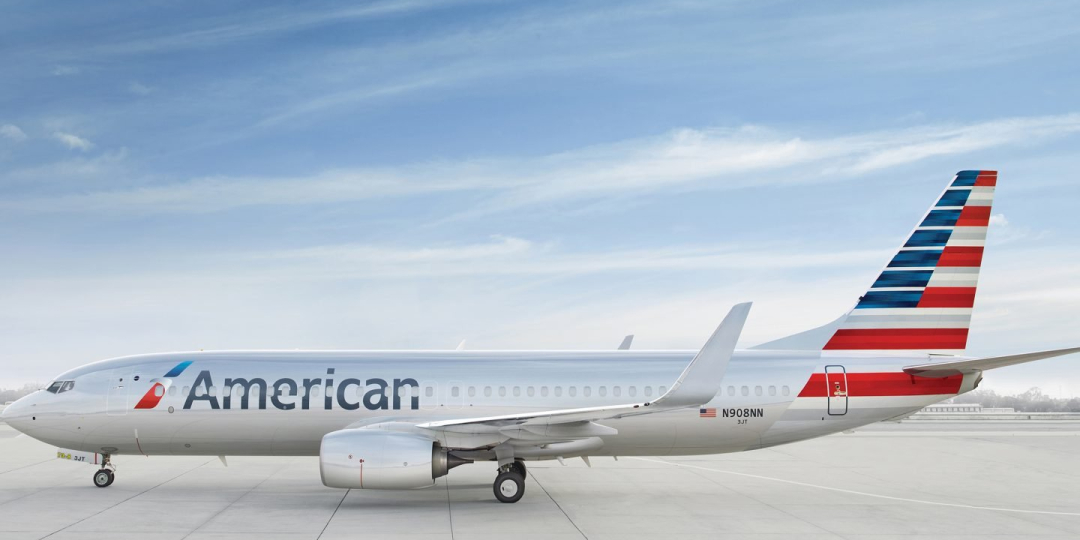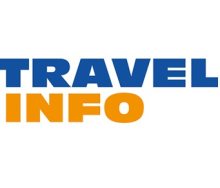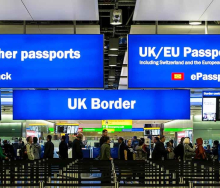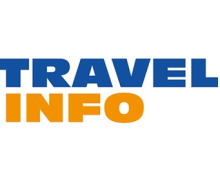Skiplagging is back in the news.
American Airlines has brought a lawsuit against Skiplagged, a travel website selling cheap flights using ‘hidden-city’ ticketing. The practice is known as ‘skiplagging’. And the airline now threatens to invalidate all AA tickets issued on that site.
The practice of skiplagging refers to booking a cheaper one-way flight for a ‘beyond’ destination, with the intention of actually travelling only as far as the first destination and discarding the balance of the ticket. This is most often done because the ticket usually works out cheaper than a non-stop flight to the desired destination.
The lawsuit, filed by American in Fort Worth, Texas, accuses Skiplagged of deception. The airline says the website allows travellers to book a connecting flight that is typically cheaper than a non-stop flight but then to disembark at the hub, instead of boarding the second flight and not flying to the route’s final destination.
Skiplaggers must travel with hand baggage only, as any checked-in baggage would continue onward to the destination on the ticket. But skiplagging passengers also run the risk of being forced to have their hand-luggage placed in the hold due to a space shortage in overhead bins on board.
Loopholes
“Find flights the airlines don’t want you to see. We’re exposing loopholes in airfare pricing to save you money,” proclaims the home page of the Skiplagged site.
But, according to American, Skiplagged employs unauthorised and deceptive ticketing practices, entices consumers to participate in those deceptive practices by promising savings, and then doesn’t deliver.
“Instead, Skiplagged often charges consumers more than if they had booked a ticket directly with American or through an authorised agent of American,” the lawsuit said.
The airline calls Skiplagged “deceptive” and “abusive”. It alleges that Skiplagged deceives the public into believing it issues a completely valid ticket “even though it has no authority to form and issue a contract on American’s behalf”.
AA alleges that the site tricks customers into believing that the American fares it displays will give the consumer access to some kind of secret ‘loophole’.
American Airlines says many of the fares shown on Skiplagged are actually higher than customers would pay if they purchased a ticket directly from American’s website or through an official agent authorised to sell American Airlines’ tickets.
American went on to threaten to cancel every ticket sold by Skiplagged, saying: “Every ‘ticket’ used by Skiplagged is at risk of being invalidated.”
Now the airline wants a permanent injunction requiring Skiplagged to comply with the airline restrictions, plus an accounting of all sales of American bookings made by Skiplagged, an accounting of all sales of American bookings made by Skiplagged through any other travel agencies, statutory damages, as well as all actual damages that American has incurred as a result of Skiplagged’s actions.
Although the practice of skiplagging is generally not illegal, multiple airlines have cracked down on the loophole as they argue that the practice violates their policies.
Last month, American made headlines when it banned a 17-year-old from flying on its aircraft for three years because he planned to disembark in Charlotte, North Carolina, despite having New York City listed as his ticket’s final destination.
In January 2021, American issued a notice to travel agents that it will start monitoring skiplag bookings.
The consequences for passengers who are found to have skiplag tickets include the closing of frequent flier accounts, the airline banning customer totally, or the airline cancelling the return ticket for passengers who skiplag on the outbound flight and, lastly, the airline taking legal action against the passenger.
That’s what Lufthansa did in 2018, but it dropped the case in 2019.
United Airlines and OTA Orbitz together brought a suit against Skiplagged in 2014, but Skiplagged settled out of court with Orbitz, and the United case was dismissed. But that was before Skiplagged became a booking site and started generating profits from the proceeds of what could be seen as unethical behaviour.















